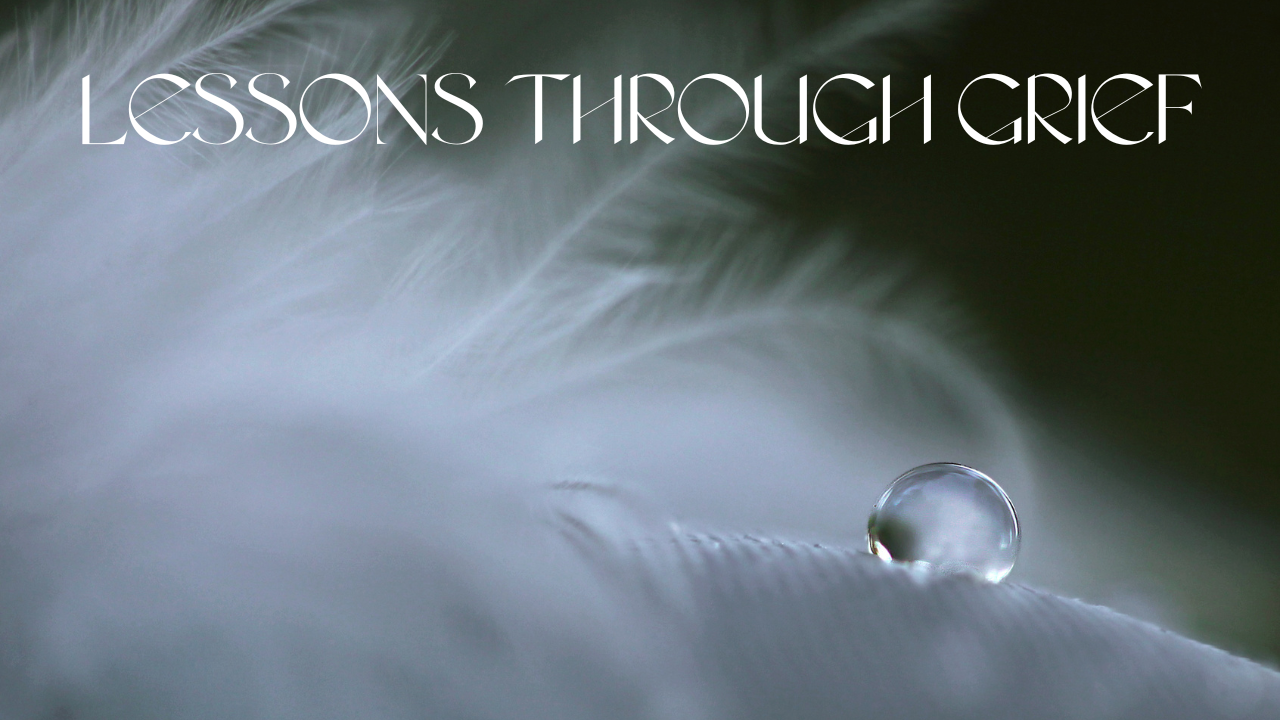Lessons Through Grief
Sep 15, 2022
Since the passing of our beloved Her Majesty the Queen in the UK, conversations have naturally been around loss and grief, whether this is with clients, friends or colleagues. Loss of long ago, recent loss and potential future loss of people we love.
I have felt huge compassion for the Royal Family and those that are suffering but have also been thinking a lot about my brilliantly funny, clever and loving father who died 18 years ago.
I can’t believe that time has gone so quickly, and yet he has missed so many pivotal moments in my life; recovery after seven years of illness, marriage, and meeting his amazing grandchildren. I do now, however, feel so grateful for the time we had together.
There are a few things I wish I knew when my father died and that I was grateful to know when I had multiple miscarriages and futher loss in my life, so I wanted to share them in the hope they will offer comfort to others:
- There are 5 stages of grief according to Elizabeth Kubler-Ross in her book “On Death and Dying”, all are natural, all are appropriate and there is no blueprint for how long each stage takes, which order they occur or whether they occur once or more often in the grieving process. We are all individuals. The stages are:
- Denial – often showing as numbness even though we know in our heads that someone has died.
- Anger – lots of people find anger a hard emotion to feel, I know I used to have shame around it. But, anger towards ourselves, the person who died or others’ behaviours is natural and normal.
- Bargaining – the ‘what if’ question. What if I do this, will I feel better, what if I’d done this differently when they were alive? The what ifs are familiar to anyone who has ever been anxious.
- Depression – the low feelings when it all starts to feel very real and we start to see what life will be like without the person we love.
- Acceptance – gradually, as the pain eases, we start to see that we can live again while keeping the memories close. Adapted from www.cruse.org.uk
- Self-care during the grieving period is more important than ever. Giving your body and mind time to heal from the stress is a gift your body will thank you for.
- Self-compassion is as important as self-care. Showing yourself understanding and kindness just as you would someone you loved going through a similar experience.
- For most people, the pain eases. I found the first year the hardest, the first birthday, the first Christmas, and the first anniversary of my father’s death.
- The sadness may rise during key happy moments. This happened when I got married and at the birth of my children.
- Grief is a sign of the love you felt - I find great comfort in this sentiment. Tessa Shaffte in her book “Heaven Has No Regrets” writes; “But in all of the sadness, when you’re feeling that your heart is empty, and lacking, you’ve got to remember that grief isn’t the absence of love. Grief is the proof that love is still there.”
Resources and Support
If you are in the UK: https://www.cruse.org.uk/ is a great place to start. Or please reach out to me.
Want to find out more about how I can support you to Thrive Resiliently?
Are you moving towards burnout? Tired of just coping?
Join my thrive in 5 challenge. 8 days. Self Paced. 5 minutes a day. Designed for busy, smart women who are fed up of surviving and are ready to thrive!
We hate SPAM. We will never sell your information, for any reason.


